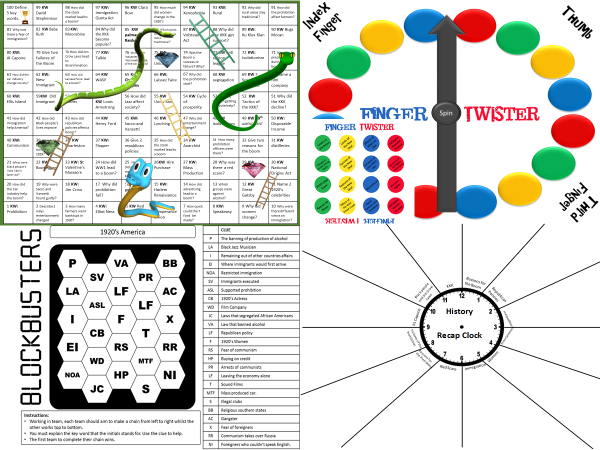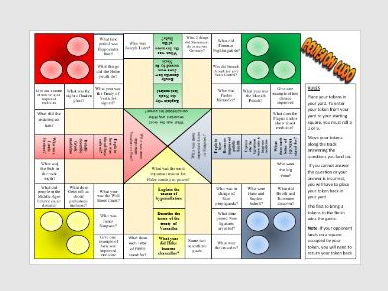Mosley's Marketplace
I am a senior leader, and examiner who has years of experience teaching different exam specifications. My classes regularly achieve high levels of progress, in 2022 it was +1.5. Please browse a selection of history, sociology and generic lessons and resources. Most of them have writing frames for students who need support with writing. Please review if you download anything as I will try to edit and improve using any feedback





















